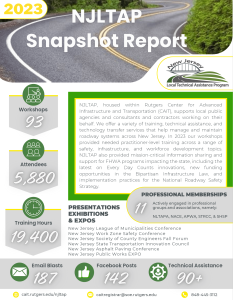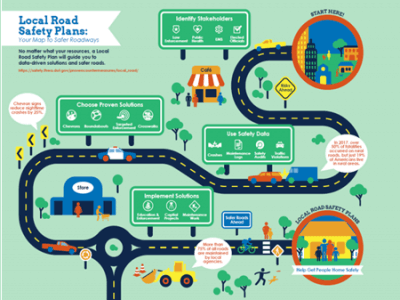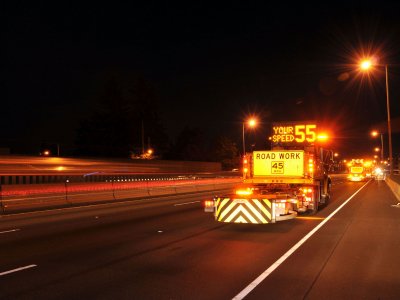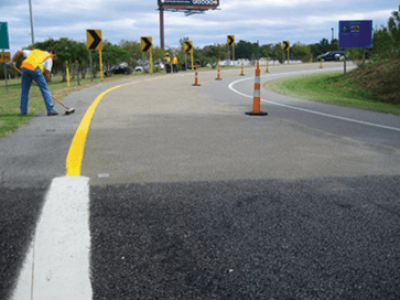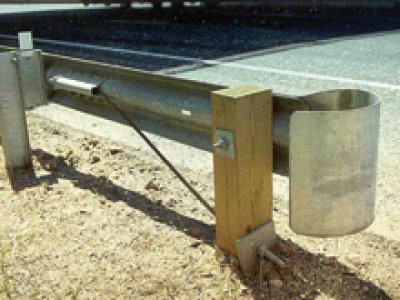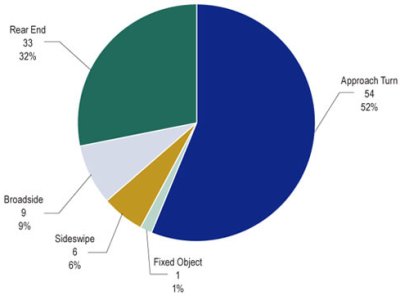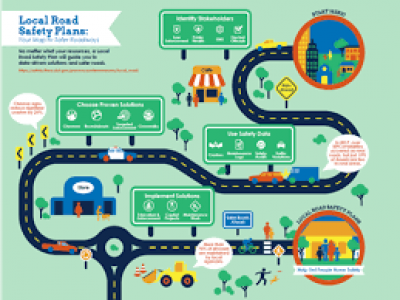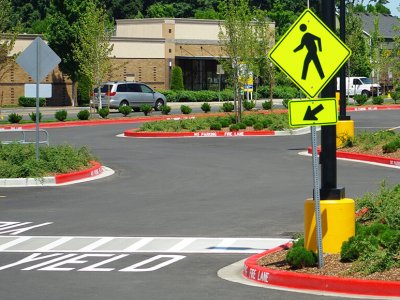The national Local Technical Assistance Program (LTAP) is a network of centers—one in every state and Puerto Rico.
LTAP centers help local agencies improve their roads and bridges by serving as an information clearinghouse and supplying them with a variety of training programs, technology updates, newsletters, and personalized technical assistance. Through these core services, LTAP centers provide much-needed, centralized, easily accessible training and resources, including:
- Workforce development classes and training
- Resources to enhance safety and security
- Solutions to environmental, congestion, capacity, and other issues
- Technical publications, training videos, and materials
The State of New Jersey’s LTAP (NJLTAP) is based at Rutgers Center for Advanced Infrastructure and Transportation. The program is jointly funded by the Federal Highway Administration (FHWA) and the New Jersey Department of Transportation (NJDOT). NJLTAP provides professional development opportunities to local public agencies and consultants conducting work on their behalf. NJLTAP trains approximately 6,000 transportation professionals annually in nearly 100 different courses and workshops sponsored by the FHWA and NJDOT.
Upcoming Training & Events


